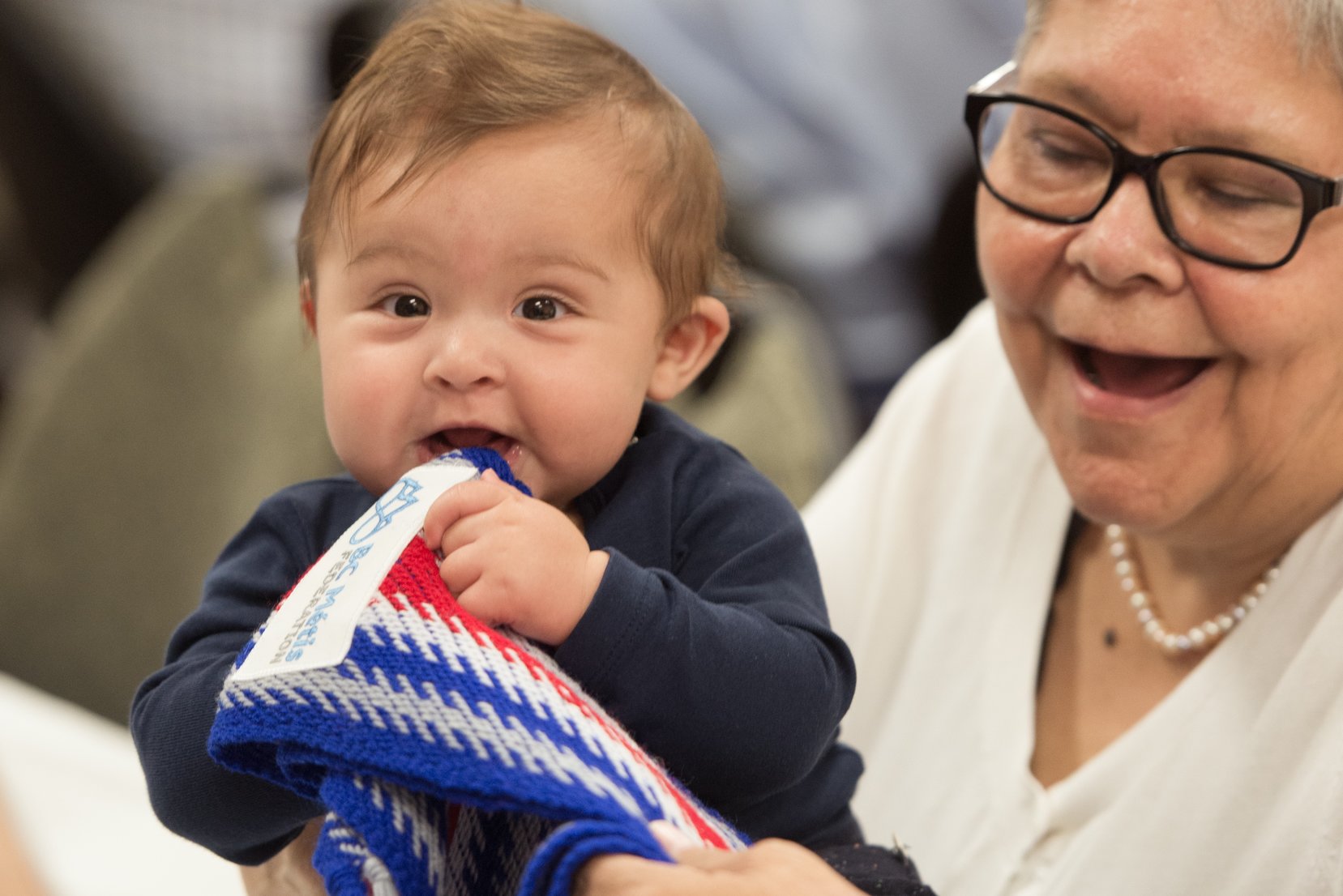
Impact of Urbanization On Métis Youth
Canada has always been known as a land of great diversity and it is in fact, also home to a number of indigenous peoples. The Métis in particular is an Aboriginal peoples which traces its descent to both European settlers and the First Nations people. Métis can be found scattered all over Canada, although they originate primarily from the region surrounding the Canadian Prairies in South and Central Manitoba. Today, however, the demographics of the region are changing and according to a 2006 census, 56% of Aborigines had relocated to urban areas with the largest concentration of them being in places like Winnipeg, Edmonton and Vancouver. The shift from one’s rural to an ever changing urban life however, has not been without challenges for Métis people and for youth in particular.
Impact of Urbanization On Métis Youth
One of the biggest drawbacks about shifting to the city revolves on the limited access to traditional wholesome food from cultivation to harvest, which is an important part of the Métis culture and undeniably linked to their overall well-being. The reasons for this are many colonization, loss of traditional knowledge, decrease in cultural values, noted changes in lifestyle and a decline in quality of life due to climate change. The Métis youth who grow up in the cities struggle to appreciate their valuable heritage, have limited understanding of their culture and are unable to stay in touch with their roots while trying to mold themselves simultaneously to a fast paced world. This in turn has had a direct impact on all four aspects of their health: physical, emotional, spiritual and mental.
Studies on Metis youth have found that there are glaring disparities between the health of Métis youth and non- Métis youth. Métis females had poorer mental health in comparison to Métis males, with an increase in self harm and incidents up by 9% between 2008 and 2013. Both Metis men and women faced bullying incidents both online and offline in a study conducted in 2013.
How Can our Communities Help?
Research concludes that the best way to improve the health of Métis youth is by helping them stay connected to their roots:
1. Both Métis and non- Métis youth in school should be taught the importance of being sensitive and appreciative of Métis culture. Metis youth need to be represented better in school so that they feel wanted and understood by their peers including Aboriginal history and culture.
2. Community elders need to invest time in sharing the knowledge that has been handed down from one generation to the next and one of the best ways to do so is through Aboriginal community programs and events.
3. Staying connected to one’s family and renewing community bonds allows Métis youth to feel like they belong and allows better assimilation in modern society.
4. Encouraging Métis youth and elders to take on leadership roles in society enables them to become mentors.

Leave a Comments